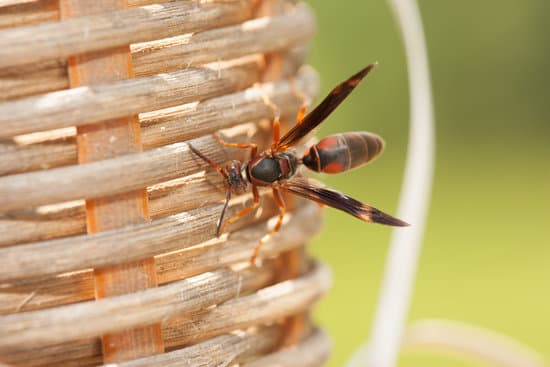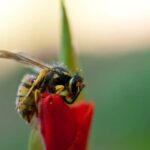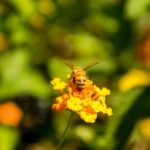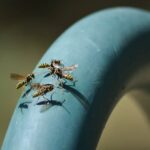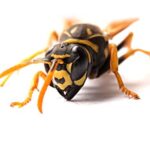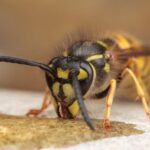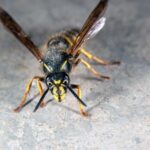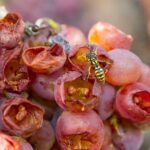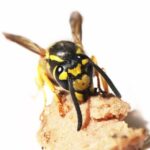How Are Wasps Good For the Environment?
Despite being viewed as a pest and an annoyance, wasps are actually quite beneficial to the environment. They play an important role in the ecosystem, helping to pollinate plants and flowers.
There are around 33,000 species of stinging wasps worldwide. A recent study by researchers at University College London (UCL) examined these species and found that they contribute to ecosystem services.
These social wasps feed on insects, including spiders, caterpillars and greenfly. They control these insects by catching them, capturing them and feeding them to larvae.
When a colony of wasps is large, the workers provide more food to the larvae than normal. This ensures that the young larvae have adequate food to grow into pupae.
Another important role played by wasps is that they eat millions of kilograms of insects each year. This helps to cut down on the need for pesticides.
The study suggests that if wasp populations were encouraged, then there would be fewer pests on crops. This would benefit both the economy and human health. Colonists in the West Indies reported that they did not need to use as many pesticides when their plantations were populated with wasps.
Wasps also help to regulate populations of pest insects. In Brazil, for example, wasps are used to control pests on high-value crops. This is because wasps are extremely efficient at hunting other insect species. This is also beneficial for farmers as wasps can effectively control pests without harming the natural environment.
